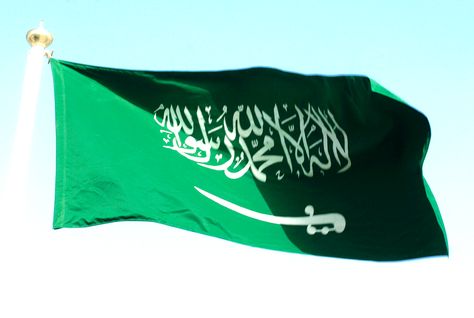Saudi Arabia’s decision this week to switch its weekend to Friday-Saturday will boost trade and create more jobs for nationals, but could alienate the Gulf kingdom’s religious establishment.
Absolute ruler King Abdullah on Sunday announced the change from the current Saturday to Wednesday working week, following about six years of negotiations, with the move set to come into effect almost immediately.
The move puts the world’s biggest oil exporter’s weekend in line with the five other GCC countries, as well as adding an extra day of business for trading with Western and Far Eastern firms.

| Advertisement |
The most obvious impact will be seen by the kingdom’s export firms, notably those in petrochemicals.
“Saudi has a very large export sector, and it’s essentially only online with the world for three days [per week]. If companies have clients in the Far East or North America, with the time zones and everything it became an even bigger issue [due to time differences],” said Amer Kahn, a fund manager at Dubai-based investment bank Shuaa Capital.
He added that the same impact will also be felt by Saudi-based import firms, such as those that deal in food and beverages. “Saudi Arabia, it being a net food importer, will obviously benefit because they’ll be able to do business for longer with their suppliers.”
The shift to a unified Gulf weekend could indirectly boost employment prospects for young Saudis by virtue of generating more economic activity. More than 10m workers in the Saudi labour force are from overseas, primarily other Arab and south Asian countries, while the official unemployment rate among citizens runs at 12 percent.
“The change to the weekend won’t directly impact employment, but it will basically make the economy much more efficient, which you’d like to think would have a wider impact on productivity throughout the economy,” said Trevor McFarlane, research director, Middle East and Africa, at Dubai-based Gulfstat.
McFarlane says the requirement to create jobs for Saudis has accelerated in light of the Arab Spring unrest elsewhere in the region over the past two-and-a-half years. “There are changes that need to be made, and all of this feeds into the narrative that Saudi is quite serious about competing, and trying to reform its economy, which it needs to do,” McFarlane added.
The country’s conservative religious establishment has consistently opposed any change in weekend, seeing this as pandering to the West. In 2007, when the plan was first mooted, local conglomerate Al-Jeraisy Group’s chairman Abdulrahman Al-Jeraisy was quoted as saying that taking Saturday as a day off would “be copying the Jews and the Christians”.
The latest move will likely ruffle feathers among the kingdom’s most pious. “It will rub the conservative establishment up the wrong way. It’s a very delicate, evolving process in Saudi policy-making. They’re trying to balance the business community’s needs against Saudi’s special relationship with Islam,” McFarlane said.
McFarlane predicts that the Saudi government may in the near future make a concession to the country’s religious establishment in order to neutralise any ill-will towards the weekend policy. “For future policymaking... it tends to be two steps forward, one step back in a way. They’re going to have to placate or mollify the religious establishment over another issue in the future,” he added.









 Search our database of more than 2,700 industry companies
Search our database of more than 2,700 industry companies









